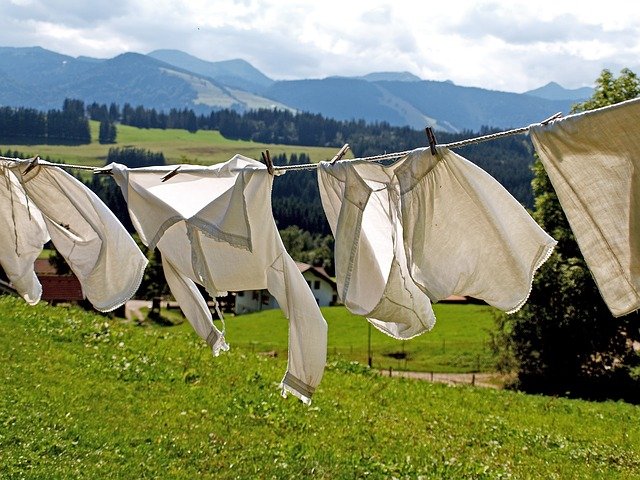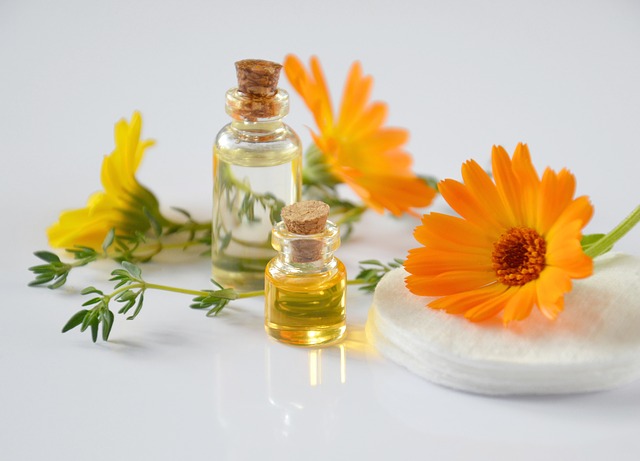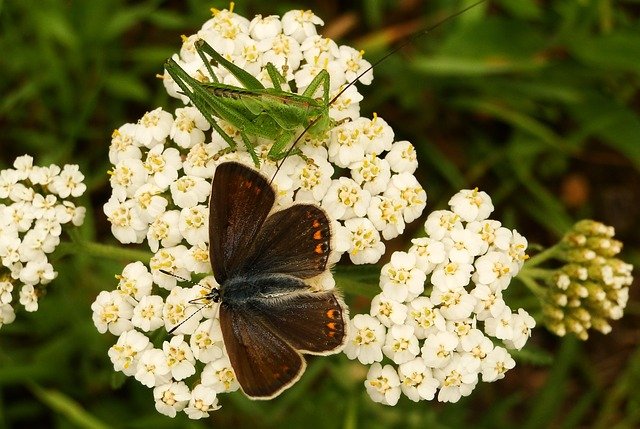
It’s what my mother always suspected: fresh smells are chemical and dangerous. While everyone we knew had plug-ins and spray air freshener, my mama wouldn’t even let us spray perfume in the house.
We had to get used to essential oils to dab on our wrists and hang laundry outside if we wanted them to smell good.
And turns out, she has yet another “I told you so” moment. At least according to a University of Washington study.
‘I first got interested in this topic because people were telling me that the air fresheners in public restrooms and the scent from laundry products vented outdoors were making them sick,’ said UW engineering professor Anne Steinemann.
Because manufacturers of air fresheners, dryer sheets, laundry detergent, and other common “fresh” household products aren’t required to list the ingredients to their products, they may contain chemicals that are harmful, particularly to those of us who are sensitive breathers.
From the Chicago Tribune:
Professor Steinemann analyzed of some of these popular items, she found 100 different volatile organic compounds measuring 300 parts per billion or more — some of which can be cancerous or cause harm to respiratory, reproductive, neurological and other organ systems.
‘Consumers are breathing these chemicals,’ she said. ‘No one is doing anything about it.’
Because they’re not required to be specific, even seeming innocuous terms can be harmful. As we’re all aware, even a word like “fragrance” can indicate danger. This is often a blanket term and indicates that the manufacturer probably used phthalates to bind the scent to the product.
Phthalates are endocrine disruptors, and are associated with early onset of puberty in girls, and in boys, lower sperm count, reduced levels of testosterone, and other fertility issues.
Professor Steinemann found surprising chemicals in the name brand items she tested. Chemicals included acetone, the active ingredient in paint thinner and nail-polish remover; limonene, a molecule with a citrus scent; as well as acetaldehyde, chloromethane and 1,4-dioxane.
Yikes!

Breathe easier
You can minimize the affect of these chemicals, like now. Anyone in the house have “allergies” or “asthma”? I wonder if these are actual the medical conditions, or if as the Chicago Tribune indicates, are minor issues exacerbated by the freaky chemicals we invite into our homes.
Aileen Gagney, Asthma and Environmental Health Program manager with the American Lung Association in Seattle, herself an asthma sufferer, has a rule of thumb to help avoid exposure: ‘If it smells bad, it’s bad; if it smells good, it’s bad.’
Go stinky.
Okay, not really. But dispose of that plug-in air freshener. Don’t buy scented garbage bags, dryer sheets, or anything else that hides ingredients. (You might want to make that a general rule for all purchases.) Toss those scented candles while you’re add it.
What can you do instead?
Get fresh scent from essential oils.
Simply mix a few drops with distilled water, pop into a used spray bottle, and you can freshen furniture and clothes with a light mist. You can even boil water in the winter with a few cinnamon sticks for that whole-house freshener. It improves the dry air of cold weather, too.
Don’t dry.
Trying to save money and your respiratory system? Instead of using a dryer, use a clothesline. You don’t need dryer sheets! You’ll get the real “fresh air” scent for free.
I live next to a cow pasture, yet my clothes always smell better than anything Bounce could produce, and I’m not even a fan of cowpies. And going dryer-free is not only environmentally conscious, it will save you up to $150 a year.
Just check with your neighborhood association first. Some planned communities have rules against clotheslines, no joke.

Watch for “greenwashing.”
Many companies are jumping on the “green” bandwagon and advertising their products as “biodegradeable,” “natural,” or “organic.” Just because it has leaves, trees, and clouds on the label doesn’t mean it is safe. Read more about greenwashing.
Green your indoors.
Plants are great for the indoor air quality. Some types of palms, ivys, bamboo, and daisies can actually eliminate specific harmful chemicals. Not only can you beautify your house with a gerbera daisy; you can inhale the scent of safe freshness.
If you like my article follow me ;).
Great info on a little researched subject, which I'm resteeming with pleasure :)
Downvoting a post can decrease pending rewards and make it less visible. Common reasons:
Submit
Thank you very much!
Downvoting a post can decrease pending rewards and make it less visible. Common reasons:
Submit
I have read somewhere that all fragrances contain high number of toxic and volatile substances. But can our modern society do without them? I mean if you do not live alone somewhere in a cottage :).
Downvoting a post can decrease pending rewards and make it less visible. Common reasons:
Submit